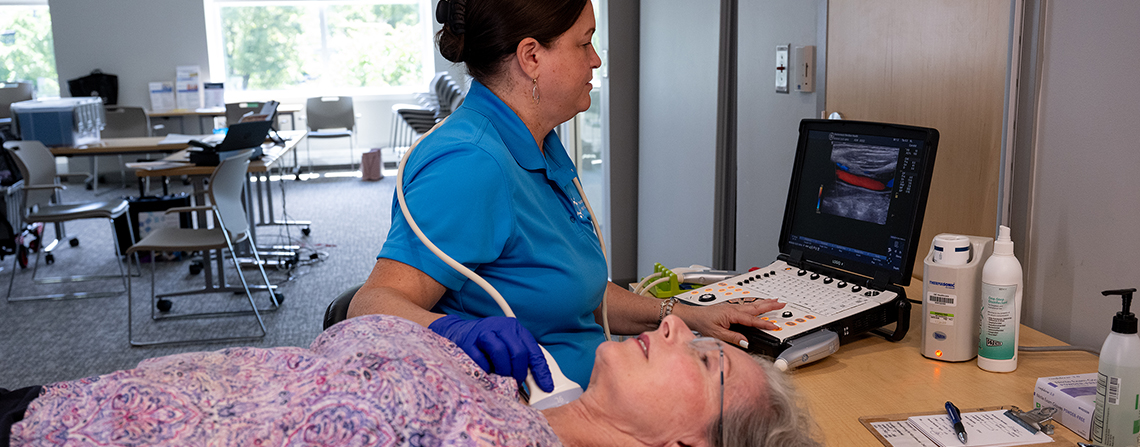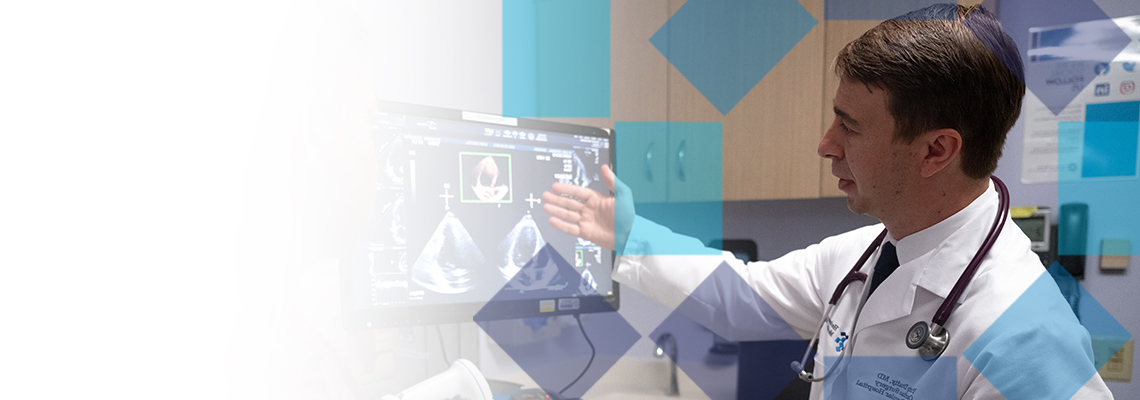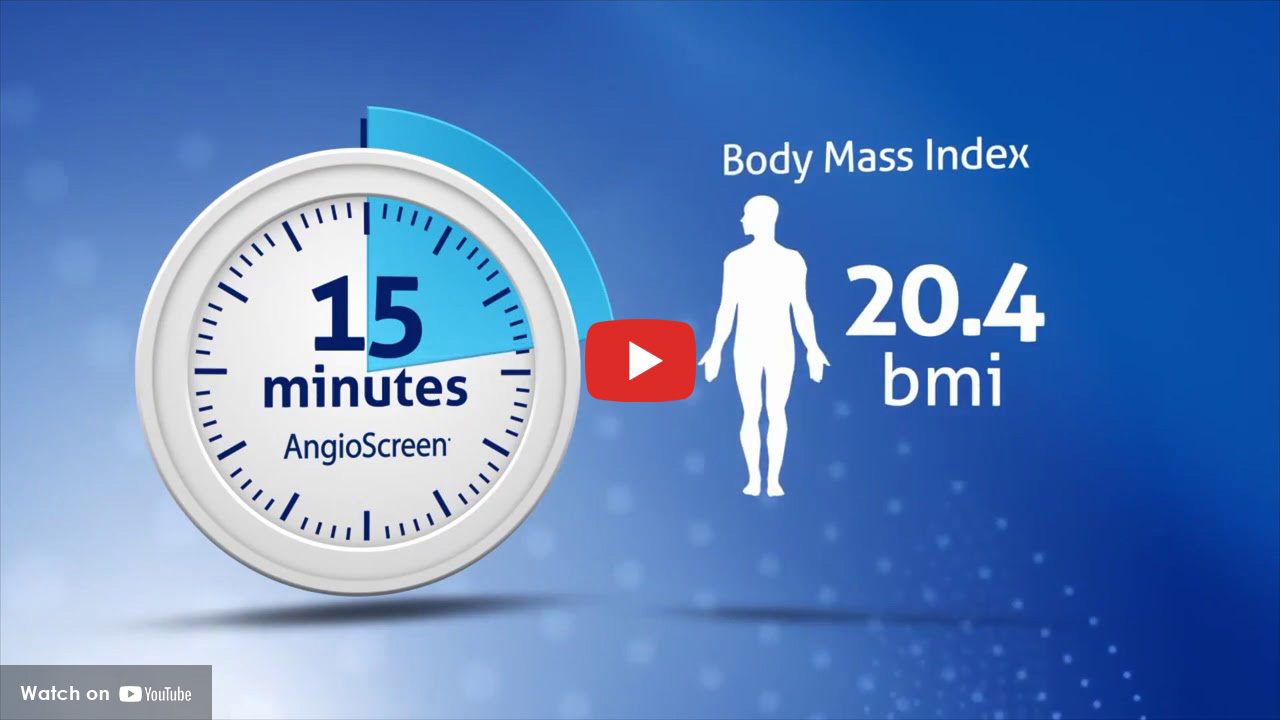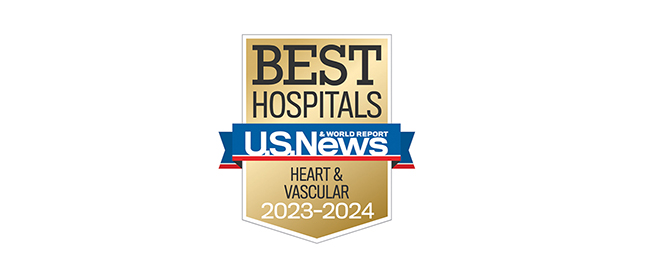

AngioScreen
Know your risk for heart disease and stroke
Cardiovascular disease – including heart attack and stroke – is the number one cause of death for men and women in this country, more deadly than all cancers combined. Knowing your risk now can go a long way toward prevention.
Comprehensive heart and vascular screening in New Jersey
Start with AngioScreen®, a comprehensive heart and vascular screening from Hackensack Meridian Health. In just 15 minutes, this simple, non-invasive evaluation will help identify your risk for heart disease and stroke, so you can take charge of a heart-healthy life.

Every AngioScreen includes:
- Carotid Artery Ultrasound – Scans for blockages and plaque in the neck arteries
- Peak Systolic Velocity (PSV) – Gauges blood flow to check for blockages and narrowing
- Ankle Brachial Index (ABI) – Checks for blockages in the leg arteries
- Abdominal Aortic Aneurysm Ultrasound – Scan measures details that help detect an aneurysm before it ruptures
- Modified EKG – Shows the rhythm of the heart
- Blood pressure, pulse and body mass index (BMI) checks
- Private consultation with a registered nurse
- Instant results to share with your doctor
It’s all for a special package rate of $49.95 ($200 Savings). That’s five screenings for less than the price of one. This is an out-of-pocket expense and not covered by insurance.
Locations
Hackensack Meridian Health offers AngioScreen to communities throughout Bergen, Monmouth, Middlesex, and Ocean counties at various locations.
To find a location near you or to register for an Angioscreen, please call 800-560-9990 or Visit our Online Events Calendar.
More Facts about Cardiovascular Disease
A stroke or heart attack can often occur without warning or symptoms, which makes having the facts about your vascular health a vital first step in prevention.
Peripheral Artery Disease (PAD) are blockages in the arteries that go to the legs. Ten million people have PAD, and 90 percent do not know they have it. A person with PAD is two to four times more likely to have a heart attack compared to the general population.
Ultrasound and Ankle Brachial Index are not routinely ordered by physicians unless symptoms are present. AngioScreen measurements provide an assessment of risk that can be enhanced by consultation with your personal physician who may recommend other measures of vascular risk and health.





